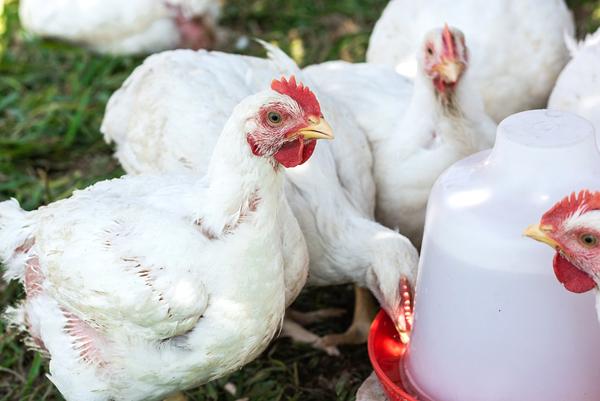Poultry farmers in Machakos County, Kenya, are protesting the introduction of a new KSh 20 fee per chicken transported out of the county. The levy, introduced under the Machakos County Finance Act, has sparked widespread concern among farmers, who warn it could cripple the poultry sector not only within the county but across Kenya.
Poultry farming remains one of Kenya’s most accessible agricultural ventures, supporting thousands of households — particularly women, youth, and small-scale farmers. Machakos is a major poultry supplier to markets in Nairobi, Kajiado, Kitui, Makueni, and beyond. However, farmers argue that the new fee comes at a time of rising costs for feeds, farm inputs, and veterinary medicines, compounded by falling market prices due to cheap chicken imports.
For a farmer transporting 200 chickens to Nairobi, the fee adds KSh 4,000 in extra costs — a burden many say they cannot afford. Farmers warn that these costs will either push up consumer prices or drive small producers out of business altogether.
“This levy is a death sentence for small poultry farmers,” said one Machakos producer. “We are already struggling with feed prices and taxes — now this adds another layer of hardship.”
Livelihoods on the Line
In rural Kenya, poultry farming is more than just a business — it is a lifeline. The income helps families pay for school fees, healthcare, rent, and food. Farmers say that instead of supporting local livelihoods, the county government is adding unnecessary financial strain.
County officials, however, defend the move. They claim the levy is designed to strengthen disease control, fund veterinary services, and improve traceability in poultry movement. Diseases such as Newcastle and avian influenza remain major risks, and the government says regulation is vital to protect both farmers and consumers.
Yet many farmers disagree, insisting they were not consulted before the policy was implemented. They argue that if disease prevention is the goal, then the government should instead provide free vaccinations, subsidised feeds, and training, rather than impose new fees.
Calls for Dialogue
The Kenya Poultry Breeders Association and other farmer groups have urged Governor Wavinya Ndeti to suspend the fee and open discussions with stakeholders. Some farmers have threatened peaceful protests, while others warn they will halt chicken transport entirely if the policy is not reversed.
Experts caution that prolonged disputes could ripple through Kenya’s entire poultry value chain. Markets in Nairobi, Thika, Athi River, and Kitengela rely heavily on Machakos for supply. A drop in production could mean higher prices, reduced food availability, and job losses across the industry — affecting transporters, hatcheries, feed suppliers, and restaurants.
Farmers are calling on both county and national governments to design policies that promote rather than punish agriculture, emphasizing that fair taxation, inclusive consultation, and supportive laws are crucial to sustaining Kenya’s poultry industry.



